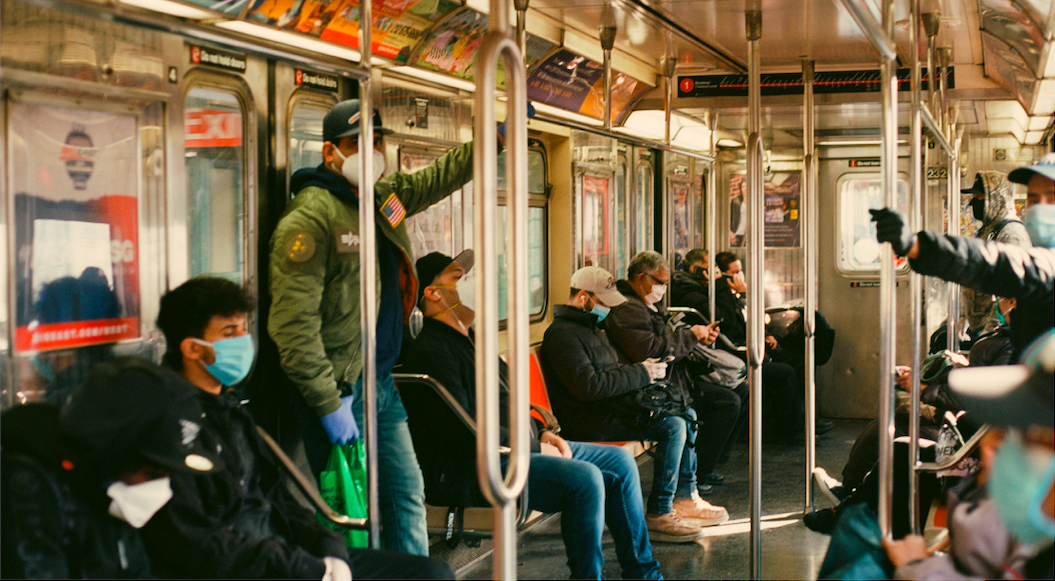Click here to watch a recording of the event.
More than half a year into the pandemic, it’s clear that transit must adapt to a different landscape.
TransitCenter’s new report, “A Transit Agenda for the COVID-19 Emergency,” explores public opinion toward transit during the pandemic and makes policy recommendations to protect transit workers and riders while improving service. Riders want assurance their trips will be safe and reliable. By acting with both care and urgency, transit agencies and city governments can give riders what they’re seeking and safeguard transit during and after the emergency.
Citing action by the MBTA in Boston, Muni in San Francisco, and other transit agencies, the recommendations illustrate how to adapt service for new travel patterns during the pandemic, as routes that serve Black and brown people retain higher ridership. Reorienting service to meet rider needs in this emergency flexes the same agency muscles needed to redesign outdated bus networks for today’s travel patterns. Likewise, practices that improve rider safety and prevent crowding while COVID-19 remains a risk — like all-door boarding and the installation of bus lanes to improve speed, reliability, and capacity — will help riders after the pandemic recedes.
To implement these changes, policy makers must pay attention to riders and collaborate with the transit workforce. Join TransitCenter for a conversation with labor representatives, transit agency leaders, and advocates about how cities can meet this moment and put transit on sure footing as cities endure COVID-19 and recover from it.
Panelists:
Mark Henry, President/Business Agent, Amalgamated Transit Local #1056
Laurel Paget-Seekins, Assistant General Manager for Policy, MBTA
Laura Chu Wiens, Executive Director, Pittsburghers for Public Transit
Moderator:
Chris Van Eyken, Senior Program Associate, TransitCenter
This webinar will be closed-captioned.
